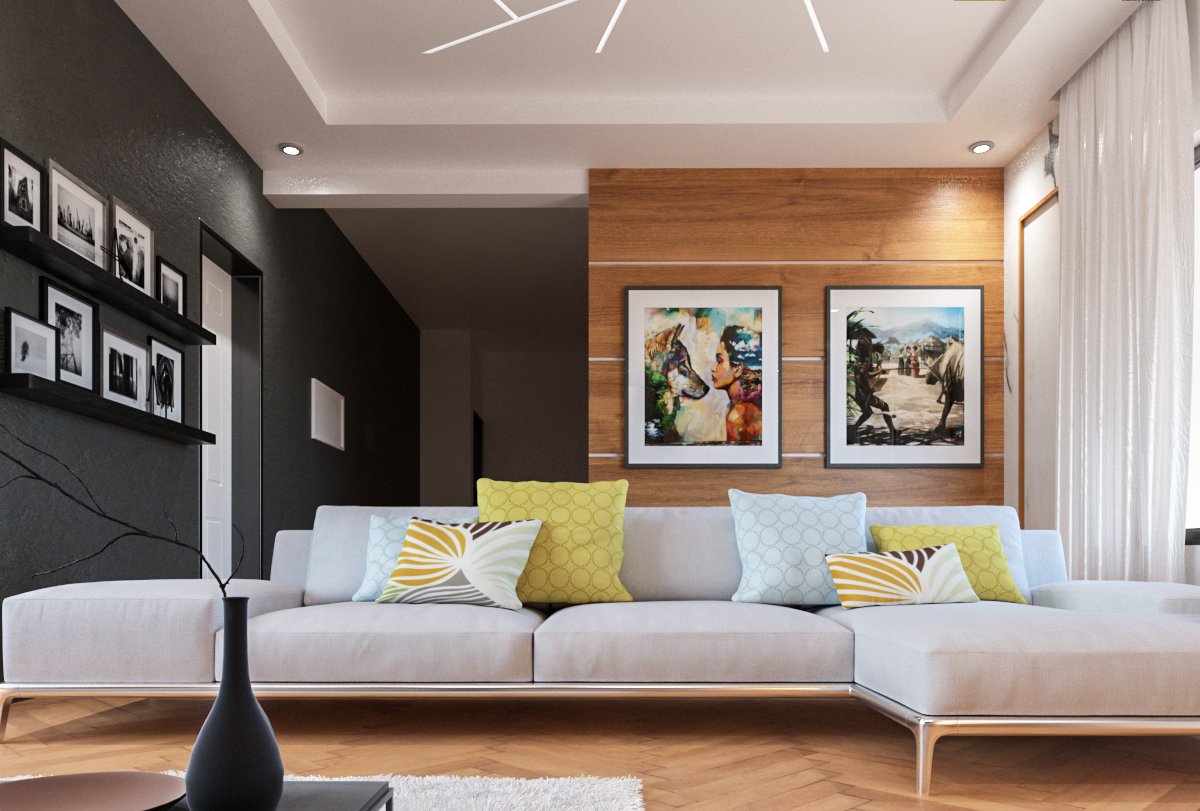Buying a home can be challenging for a first-timer. After all, there are so many steps, tasks, and requirements, and you may be anxious about making an expensive mistake. But first-time homebuyers actually enjoy some special advantages created to encourage new entrants into the real estate market. To demystify the process so you get the most out of your purchase, here is a rundown of what you need to consider before you buy and what you can expect from the buying process itself, plus tips to make life easier after you buy your first home
6 Questions to Consider Before You Buy
Your first step is to determine what your long-term goals are and how home ownership fits in with those goals. Perhaps you’re simply looking to transform all those “wasted” rent payments into mortgage payments that give you something tangible: equity. Or maybe you see home ownership as a sign of independence and enjoy the idea of being your own landlord. Buying a home can also be a good investment. Narrowing down your big-picture homeownership goals will point you in the right direction. Here are six questions to consider.
1. How’s your financial health?
Before clicking through pages of online listings or falling in love with your dream home, do a serious audit of your finances. You need to be prepared for both the purchase and the ongoing expenses of a home. The outcome of this audit will tell you whether you’re ready to take this big step, or if you need to do more to prepare. Follow these steps:
Look at your savings. Don’t even consider buying a home before you have an emergency savings account with three to six months of living expenses. When you buy a home, there will be considerable upfront costs including the down payment and closing costs. You need money put away not only for those costs but also for your emergency fund. Lenders will require it.
One of the biggest challenges is keeping your savings in an accessible, relatively safe vehicle that still provides a return so you’re keeping up with inflation.
If you have one to three years to realize your goal, a certificate of deposit may be a good choice. It’s not going to make you rich, but you aren’t going to lose money either (unless you get hit with a penalty for cashing out early). The same idea can be applied to purchasing a short-term bond or fixed income portfolio that will give you some growth, but also protect you from the tumultuous nature of stock markets.
If you have six months to a year, keep the money liquid. A high-yield savings account could be the best option. Make sure it is FDIC insured (most banks are) so that if the bank goes under you will still have access to your money up to $250,000.
Review your spending.You need to know exactly how much you’re spending every month—and where it’s going. This calculation will tell you how much you can allocate to a mortgage payment. Make sure you account for everything—utilities, food, car maintenance and payments, student debt, clothing, kids’ activities, entertainment, retirement savings, regular savings, and any miscellaneous items.
Check your credit. Generally, to qualify for a home loan, you’ll need good credit, a history of paying your bills on time, and a maximum debt-to-income (DTI) ratio of 43%.2 Lenders these days generally prefer to limit housing expenses (principal, interest, taxes, and homeowners insurance) to about 30% of the borrowers’ monthly gross income, though this figure can vary widely depending on the local real estate market.
2. Which type of home will best suit your needs?
You have a number of options when purchasing a residential property: a traditional single-family home, a duplex, a townhouse, a condo, a co-operative, or a multi-family building with two to four units. Each option has its pros and cons, depending on your homeownership goals, so you need to decide which type of property will help you reach those goals. You can save on the purchase price in any category by choosing a fixer-upper, but be forewarned: The amount of time, sweat equity, and money required to turn a fixer-upper into your dream home might be a lot more than you bargained for.
3. Which specific features do you want your ideal home to have?
While it’s good to retain some flexibility in this list, you’re making perhaps the biggest purchase of your life, and you deserve to have that purchase fit both your needs and wants as closely as possible. Your list should include basic desires, like size and neighborhood, all the way down to smaller details like bathroom layout and a kitchen fitted with durable appliances.
4. How much mortgage do you qualify for?
Before you start shopping, it’s important to get an idea of how much a lender will give you to purchase your first home. You may think you can afford a $300,000 home, but lenders may think you’re only good for $200,000 based on factors like how much other debt you have, your monthly income, and how long you’ve been at your current job. In addition, many realtors will not spend time with clients who haven’t clarified how much they can afford to spend.
Make sure to get preapproved for a loan before placing an offer on a home: In many instances, sellers will not even entertain an offer that’s not accompanied with a mortgage preapproval. You do this by applying for a mortgage and completing the necessary paperwork. It is beneficial to shop around for a lender and to compare interest rates and fees using a tool like a mortgage calculator or Google searches.
5. How much home can you actually afford?
Sometimes a bank will give you a loan for more house than you really want to pay for. Just because a bank says it will lend you $300,000 doesn’t mean you should actually borrow that much. Many first-time homebuyers make this mistake and end up “house-poor” with little left after they make their monthly mortgage payment to cover other costs, such as clothing, utilities, vacations, entertainment, or even food.
In deciding how big a loan to actually take, you’ll want to look at the house’s total cost, not just the monthly payment. Consider how high the property taxes are in your chosen neighborhood, how much homeowners insurance will cost, how much you anticipate spending to maintain or improve the house, and how much your closing costs will be.
6. Who will help you find a home and guide you through the purchase?
A real estate agent will help you locate homes that meet your needs and are in your price range, then meet with you to view those homes. Once you’ve chosen a home to buy, these professionals can assist you in negotiating the entire purchase process, including making an offer, getting a loan, and completing paperwork. A good real estate agent’s expertise can protect you from any pitfalls you might encounter during the process. Most agents receive a commission, paid from the seller’s proceeds.





